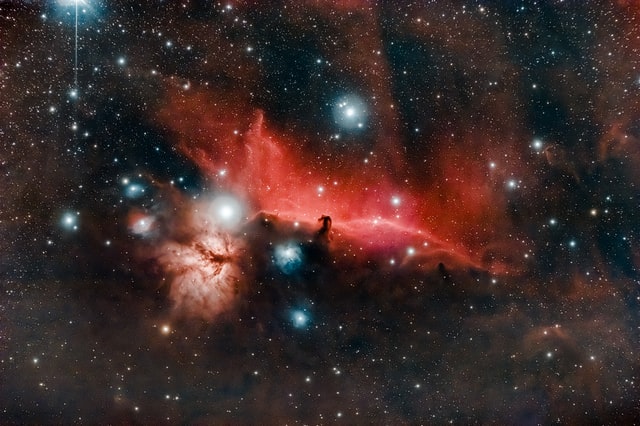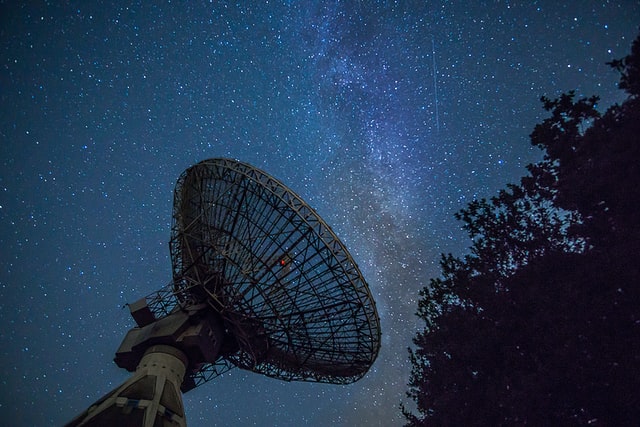If you are a newbie to astronomy, you may wonder how to get started. There are several good ways to start learning about the sky. First, you can observe with binoculars or a telescope. Once you have an instrument, you should create an observation logbook and take pictures of what you see. This will help you identify the objects that you observe. In addition, you can also read about the different types of telescopes that are available on the market. Read on to learn more in detail:
Observational astronomy
If you’re new to astronomy, there’s an excellent resource for you on the Internet: Observational astronomy for beginners. This book includes practical projects anyone can complete independently or with a partner. It’s designed to accommodate varying skill levels, from novice to advanced. Beginners can start with basic tasks and progress to more difficult ones as they gain more knowledge.

As a beginner, observational astronomy requires only the bare minimum preparation. Since this activity is typically performed at night, it’s important to dress warmly for the weather. Humidity and cold are two common deterrents for beginners. Sitting is a better option, as it allows you to focus on the eyepiece without constantly moving. Observational astronomy for beginners should be a fun hobby.
The goal of observational astronomy is to observe celestial objects and collect data about them. Observational astronomy is much simpler than theoretical astronomy, which focuses on possible modelling futures based on celestial measurements.
In addition to observations, observational astronomy includes applications of physics and chemistry to study celestial phenomena. Other disciplines include astrometry, which measures celestial objects, and astrogeology, which studies the materials that come from space.
Binoculars
When you buy binoculars for astronomy, you want to ensure that the glass is coated. Generally, uncoated glass reflects light in a white manner, which will degrade the image quality. The lenses of a good pair of binoculars are coated; likewise, the lenses of an average pair of binoculars are coated. You can tell if the glass is coated or uncoated by the color of its reflections.
It is easy to find a good pair of astronomy binoculars that are designed for the beginner to observe the night sky. They will allow you to see bright nebulae, star clusters, and planets. Make sure to choose one that is ideal for amateur astronomers, as it will enable you to see faint objects and the outline of large celestial bodies.
Telescopes
There are several different telescopes on the market for the beginning astronomer. Celestron STAR LABS telescopes are perfect for beginners but aren’t designed for experienced astronomers.
This telescope features a 127mm aperture, a lightweight 28-pound body, and two eyepieces – a 10mm and a 25mm. This telescope comes with two replaceable eyepieces and two different magnification levels, allowing for a greater range of views.
Beginner telescopes are available in two main designs: refractor and digital. Refractors use a glass lens to focus the light on a prism or diagonal mirror. The result is a clear image, ideal for viewing the surface of the moon and planets.
Refractors are also great for daytime use and are very low-maintenance. But if you’re an advanced astronomer, you’ll need a larger, more powerful telescope to take on the challenging task of viewing Neptune and Uranus.

Observing logbook
An observing logbook for beginners in astronomy is a good way to begin learning about the night sky and keeping track of your favorite astronomical objects. You can write down all the details about the activity. Keeping a logbook is a great way to increase your astronomical knowledge and have more fun.
It can be a little time-consuming, but the process will soon become second nature. When you first begin, write down the time and location of each observing session. You can make entries as short as one line or as detailed as two pages. It’s up to you how detailed you want to be! Observations can be recorded in local time, Universal Time, or both.
